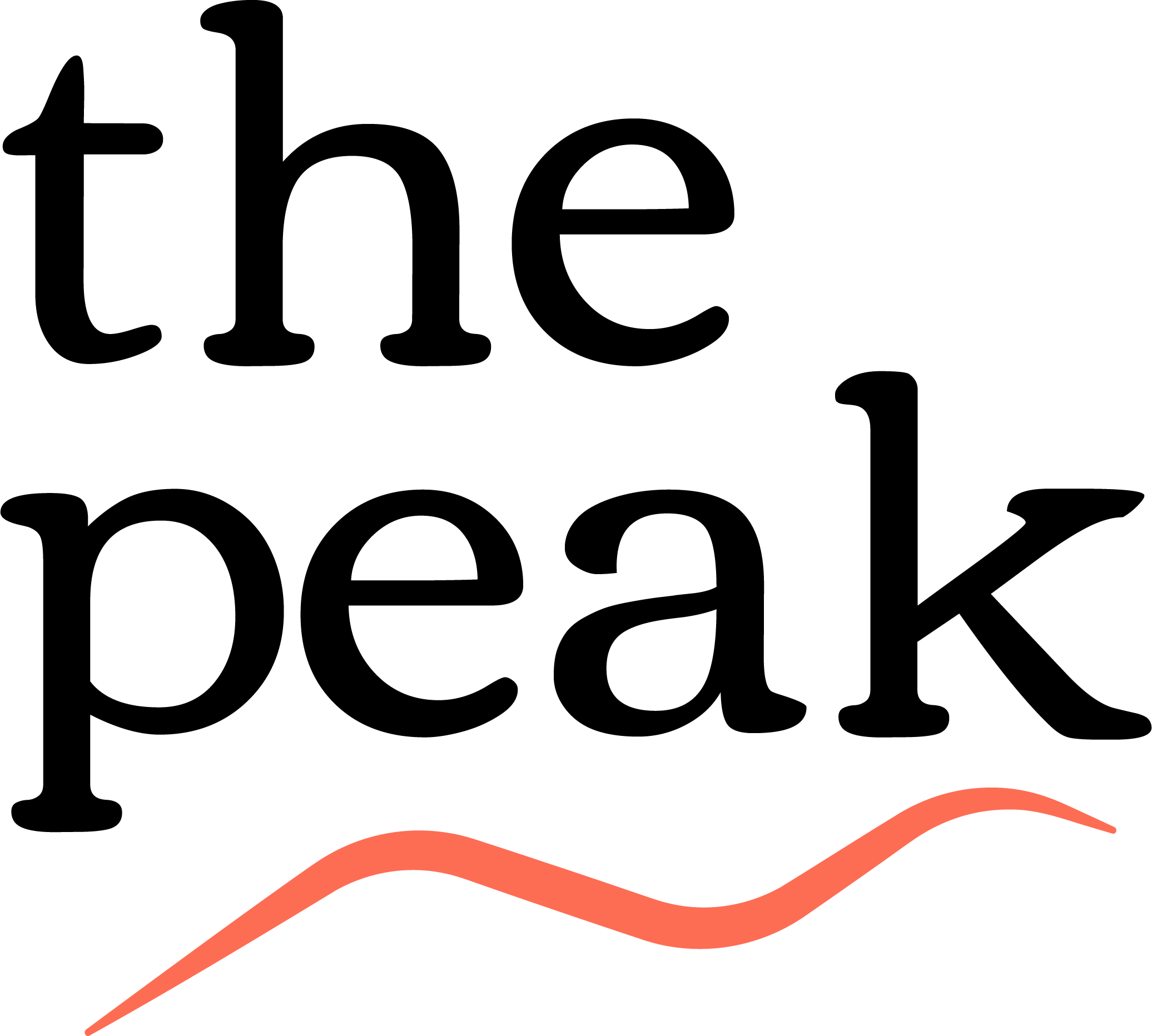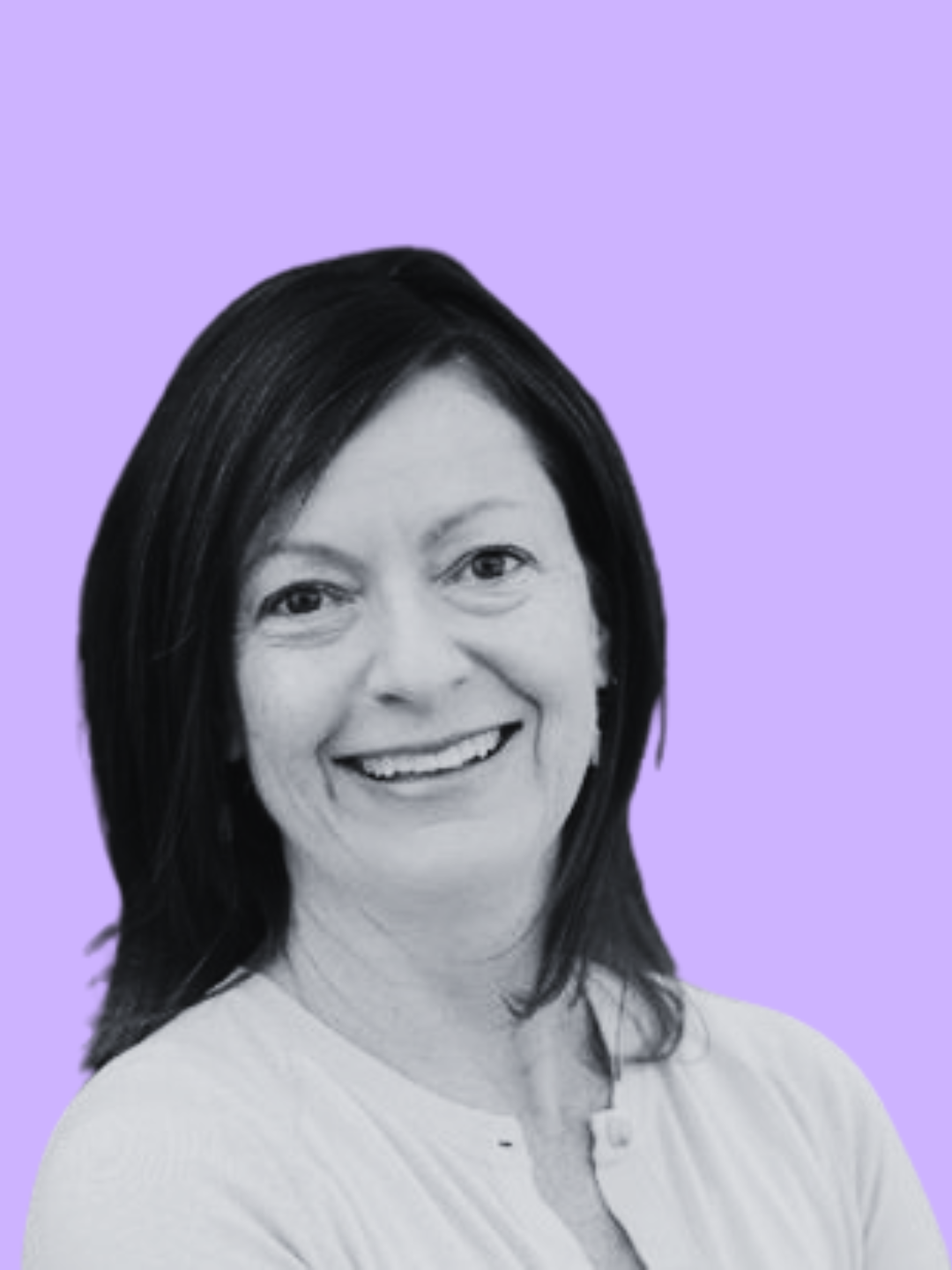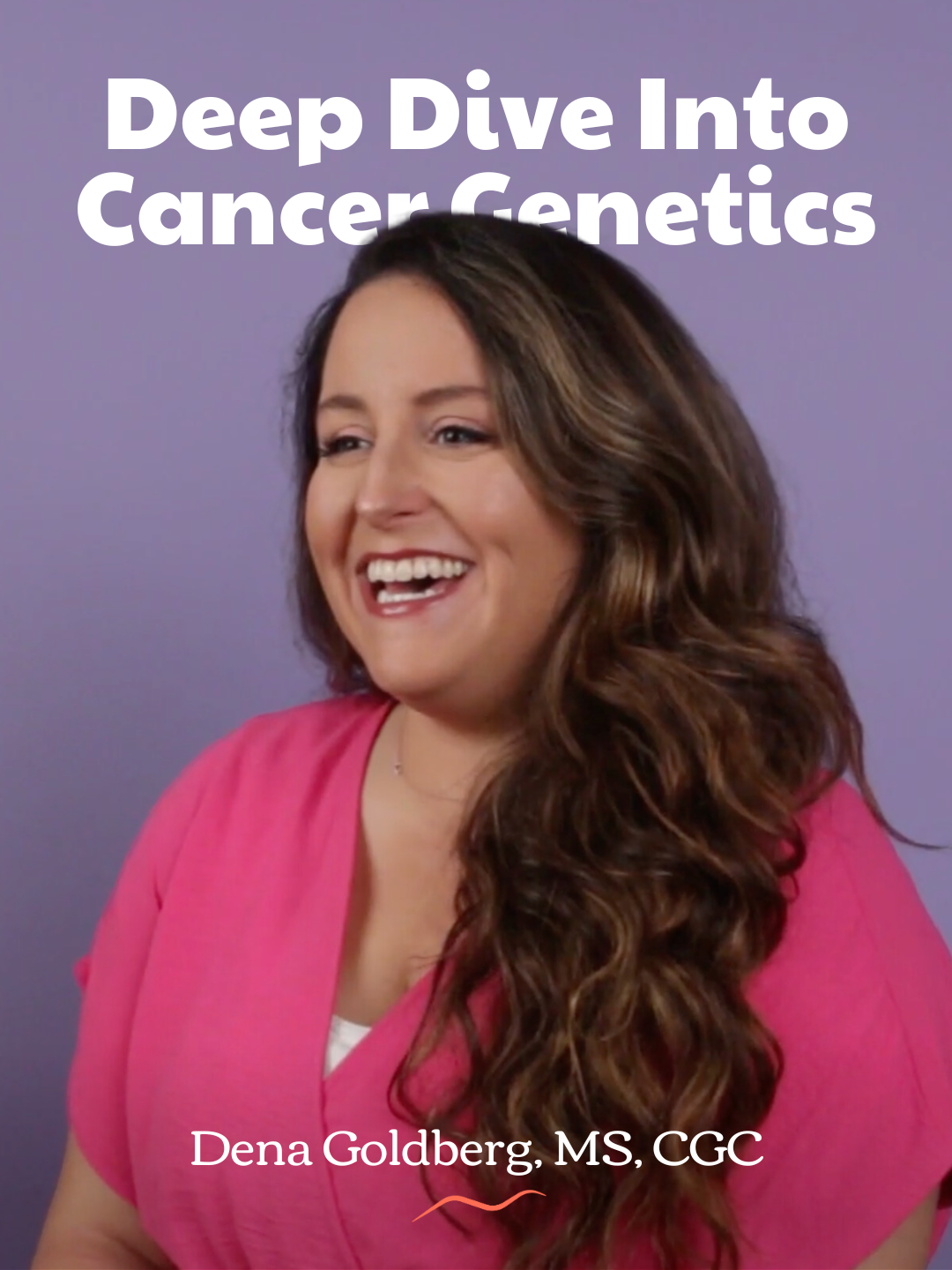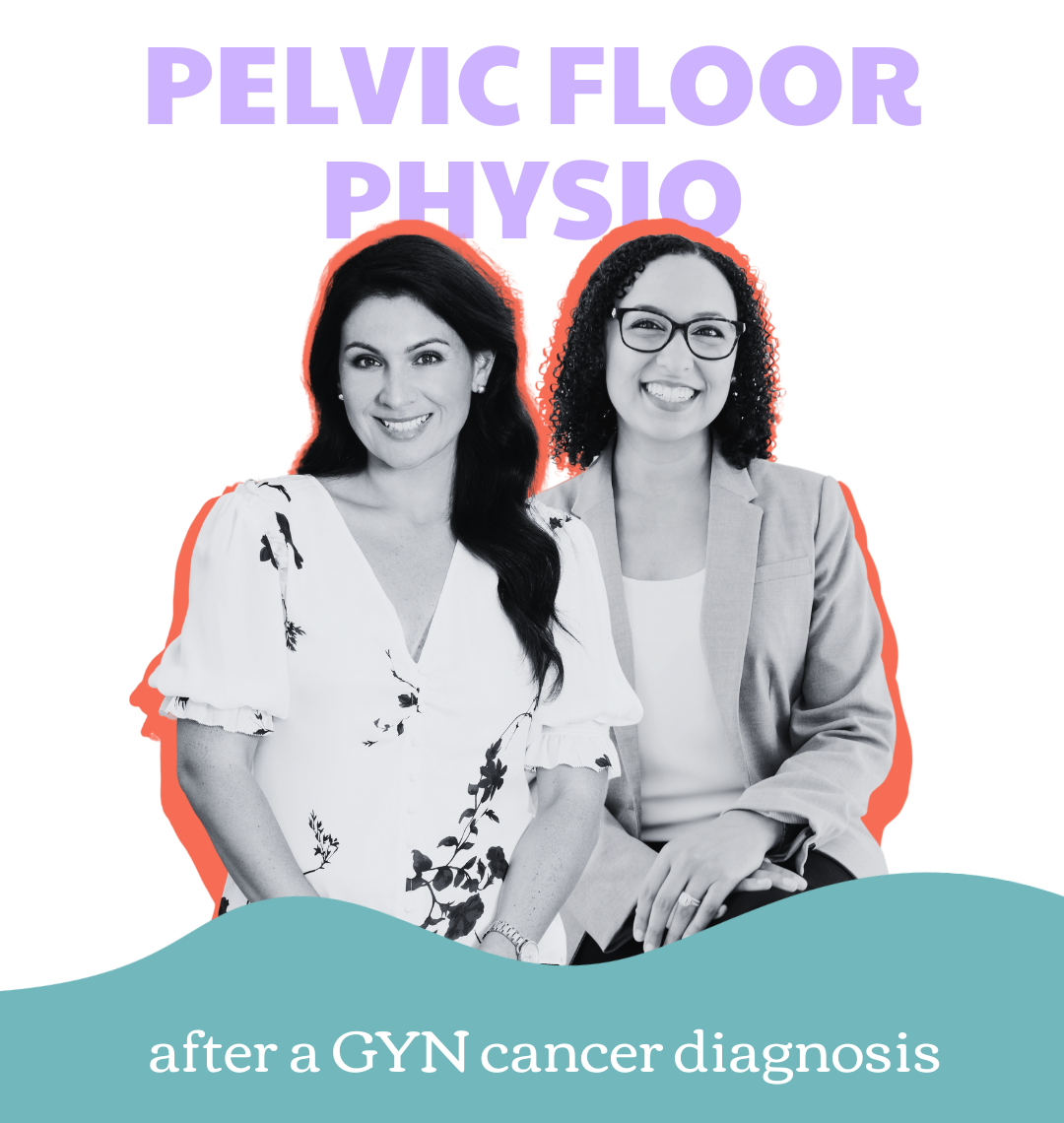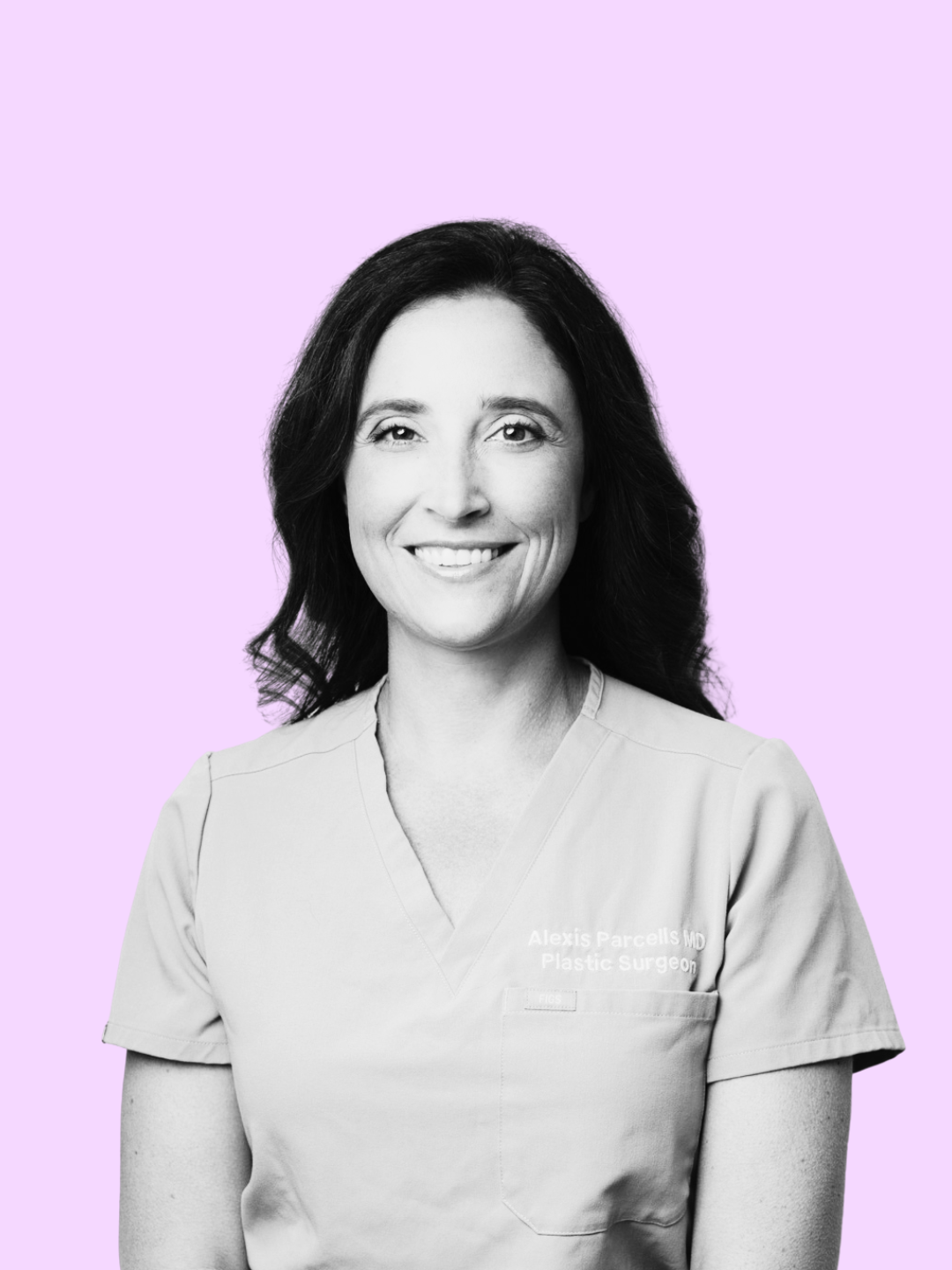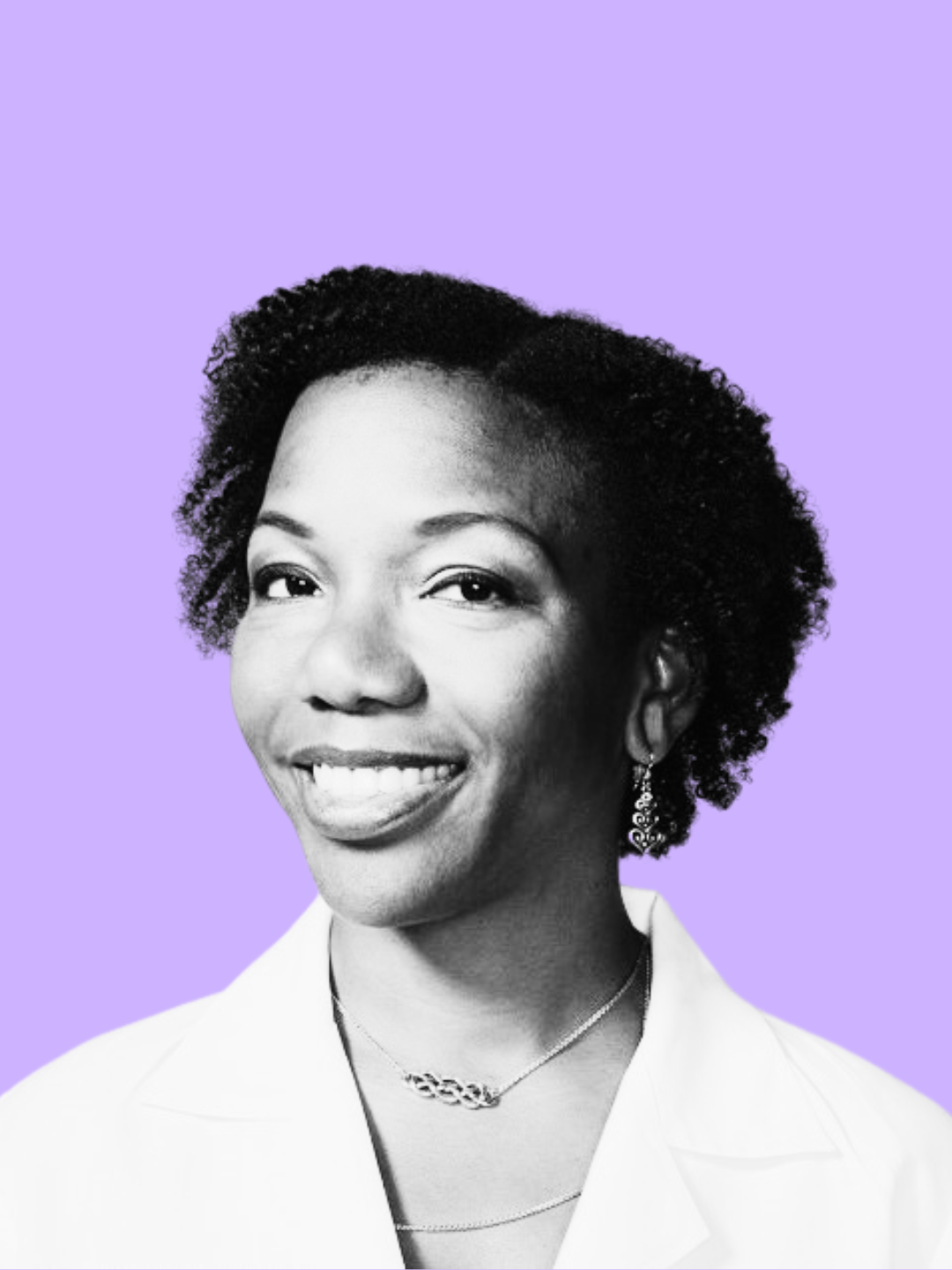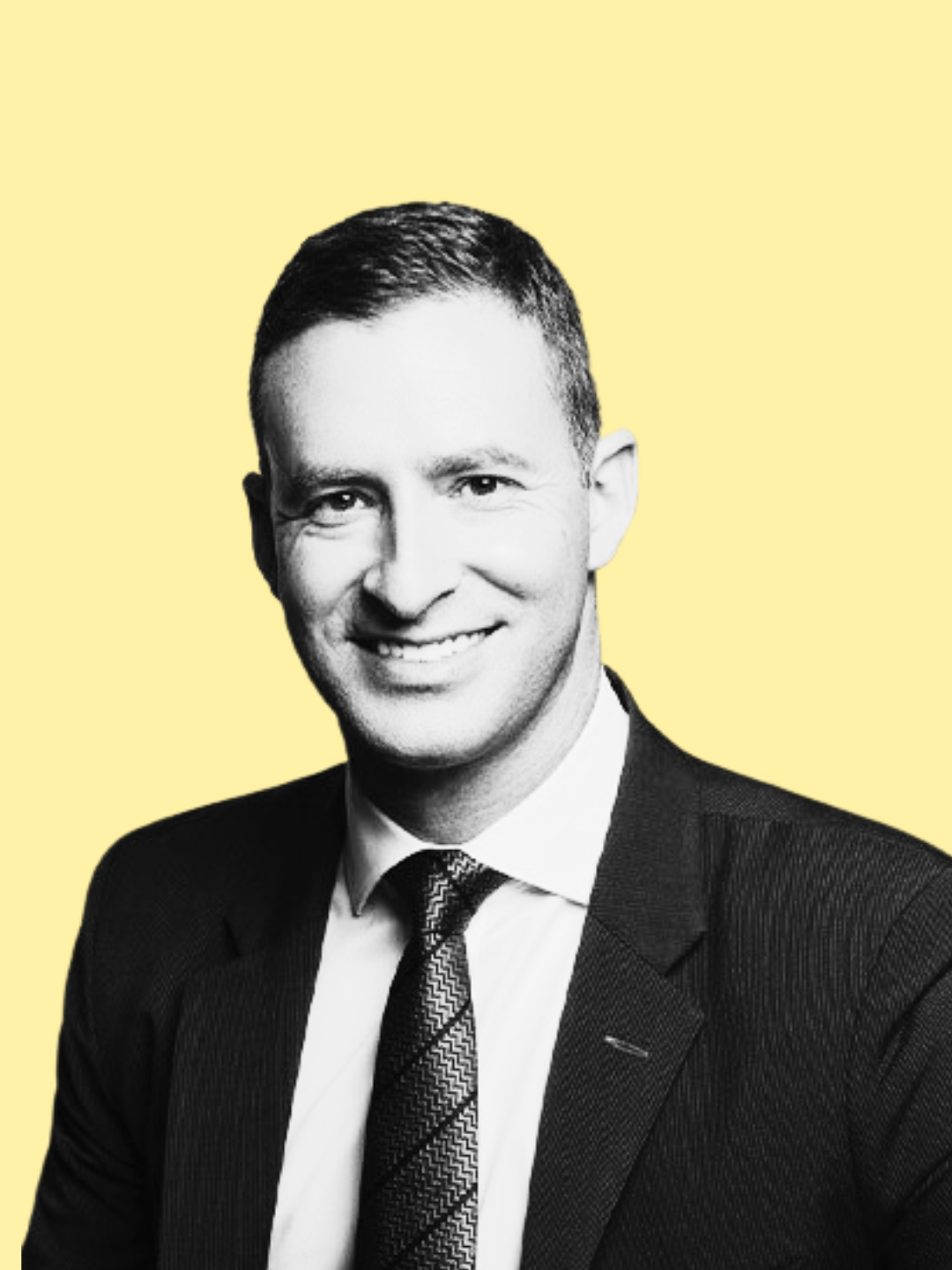Ellen Matloff, MS, CGC is a certified genetic counselor and the President and CEO of My Gene Counsel, a digital health company that provides scalable, updating genetic counseling solutions. Matloff founded the Yale Cancer Genetic Counseling program, served as its director and a faculty member at Yale School of Medicine for 18 years, and was an individual in the SCOTUS BRCA gene patent case of 2013.
When it comes to hereditary cancer risk, Matloff can easily be considered an early pioneer in both the expert and support spaces. She has worked closely as an advocate for patients and families impacted by hereditary cancer risk, since before genetic testing was widely available (and continues to). Thanks to her work and vision, today's world of genetic testing is much more accessible, accurate, and equitable.
Matloff is an expert in responsible return of genetic test results for population studies, health care systems, and precision medicine partners. She serves as a Forbes.com contributor on all things genetic counseling, genetic testing, and digital health.
Here's what Matloff wants all Breasties to know about the Mryiad Genetics Supreme Court ruling and responsible genetic testing in the past, present, and future.
THE PEAK: When and how did you first get interested in hereditary cancer genetics?
Ellen Matloff: My first job out of graduate school was in general genetics, but I took a short course in the then newly forming field of cancer genetics and knew it had great potential. Although I did not meet the minimum qualifications, I applied to start the first Cancer Genetic Counseling program at Yale School of Medicine and got the job!
TP: You’ve done incredible work as an early advocate for women affected by breast cancer. Can you tell us more about that? How has the landscape changed?
EM: When I took the job at Yale in the fall of 1995 there was not widespread testing available for families with histories of hereditary breast cancer. I met with these families and saw what this disease had done to generations of their beloved relatives.
The only option at that time was to take their family history, estimate the chance that a mutation was the cause, and then counsel them on their chance of carrying that mutation! That means that my patients made decisions about whether or not to have their breasts or ovaries removed based on the CHANCE that they carried a mutation! A few months later genetic testing became available for BRCA1, and then BRCA2, and the world changed. Women and men could actually have testing for mutations in these genes, learn if they were at high risk, and could change the cards they — and their family members — had been dealt.
I invested a lot of time in advocating (and sometimes brawling) for insurance companies to pay not just for this testing, but for the expensive prophylactic surgeries, reconstructions, and surveillance they needed after testing. I also invested thousands of hours educating physicians, nurses, PAs, and the general public about genetic counseling and testing, and how this could change the lives of people with personal and/or family histories of cancer.
TP: Can you tell us about the class action lawsuit in which you were a plaintiff against Myriad Genetics patenting the BRCA1 and BRCA2 genes? What impact did that case have on genetic testing?
EM: A few years after widespread BRCA testing became available, our lab at Yale received a ‘cease and desist’ notice from Myriad Genetics, informing us that they held patents on the human genes BRCA1 and BRCA2 (not on a new technology, mind you — they had patents on the actual genes!) and that our lab — and every other laboratory in the world —could no longer perform this testing.
We were charging $1,600 for BRCA1 and BRCA2 testing. Overnight they upped the price to $2,400. Genetic testing became much less expensive as the technology evolved, but they jacked the price to over $4,400 per patient over the years, and that did not include testing for large deletions and rearrangements in the genes. This meant that they were MISSING mutations in both genes in some patients and they would not allow us to even do the large deletion/rearrangement testing in patients who tested negative, but in whom something had obviously been missed.
I saw a future in which testing for multiple genes would be impossible, and whole genome sequencing would never happen. I started looking for patent attorneys to take the case in 1997 and everyone said I was both wrong and crazy.
Ten years later the ACLU took the case and asked me to be one of the individual plaintiffs. In 2013 the case made it to the Supreme Court and we won in a surprising unanimous verdict banning human gene patents. Within five hours of that decision the cost of testing was slashed in half by competitors, and testing included panels of genes and deletions/rearrangements. The cost has continued to go down and whole genome sequencing is here.
TP: How did it feel when you heard the ruling?
EM: It felt surreal. Most of us felt we did not have a good chance of winning. My daughter and I were at her nursery school graduation and I had left my phone in the car. It was pouring rain and we ran to the car, I strapped her into her car seat, and ran around and got into the driver’s seat. We were drenched.
Then I noticed that my phone was blowing up. The first text I saw was from my friend Debbie, who lives in South Carolina. It simply said, “You won!”. For a moment, I had no idea what she meant. Then the first voicemail rolled and I realized the ruling had been announced. I started bawling and my 3-year old daughter was concerned. I explained that these were happy tears and that we had won.
It was surreal. In fact, it still seems surreal.
TP: What would it have meant for Breasties if you hadn't gone against Myriad?
EM: If the ACLU had not taken this case, I believe the cost of testing would now be much higher than $4,400 for BRCA1 and BRCA2, only. No other labs would be able to offer this testing. There would be no gene panels. Much less clinical research would have been done and I’m not sure that we would be as far along with pharmaceutical advances. I believe that many fewer people would have had testing and it would be harder to get broad insurance coverage for hereditary cancer genes.
TP: Why did you start My Gene Counsel? How do you hope it will impact the community?
EM: I started My Gene Counsel because I want all patients and clinicians using genetic testing to have access to accurate information about their genetic test results that they can use to live healthier lives. Most people having genetic testing do not have access to quality genetic counseling, or see a genetic counselors once or twice, and then never again. With My Gene Counsel they get updates and notifications whenever the field changes, via text and/or email.
TP: Where do you see the future of genetic testing going?
EM: I believe the cost of genetic testing will continue to go down, and it will get better and more comprehensive. More and more people will be candidates for this testing, and it will be used in routine medical care and for proactive health.
TP: What advice would you give to someone who’s newly navigating genetic testing due to a strong family history and/or cancer diagnosis?
EM: My number one piece of advice: Make sure that you speak to a certified genetic counselor before you order genetic testing. They will know what test you need, and which lab you should use, and how to help you get your insurance to pay for it.
TP: What would you say to someone that is on the fence about getting genetic testing?
EM: It’s okay to be on the fence! There are risks, benefits, and limitations of genetic testing and it is not for everyone. But get accurate information about your options so you can make an informed decision. A certified genetic counselor can help you access this information. It could be critically important for you and your family members.
TP: What’s a common misconception with genetic testing that you’d like to debunk?
EM: Not all genetic testing is good genetic testing. That kit you got as a holiday gift that tells you your ancestry, or whether you can taste cilantro, is probably not the test that is going to help you with your healthcare decisions.
TP: Thank you so very much, Ellen.
